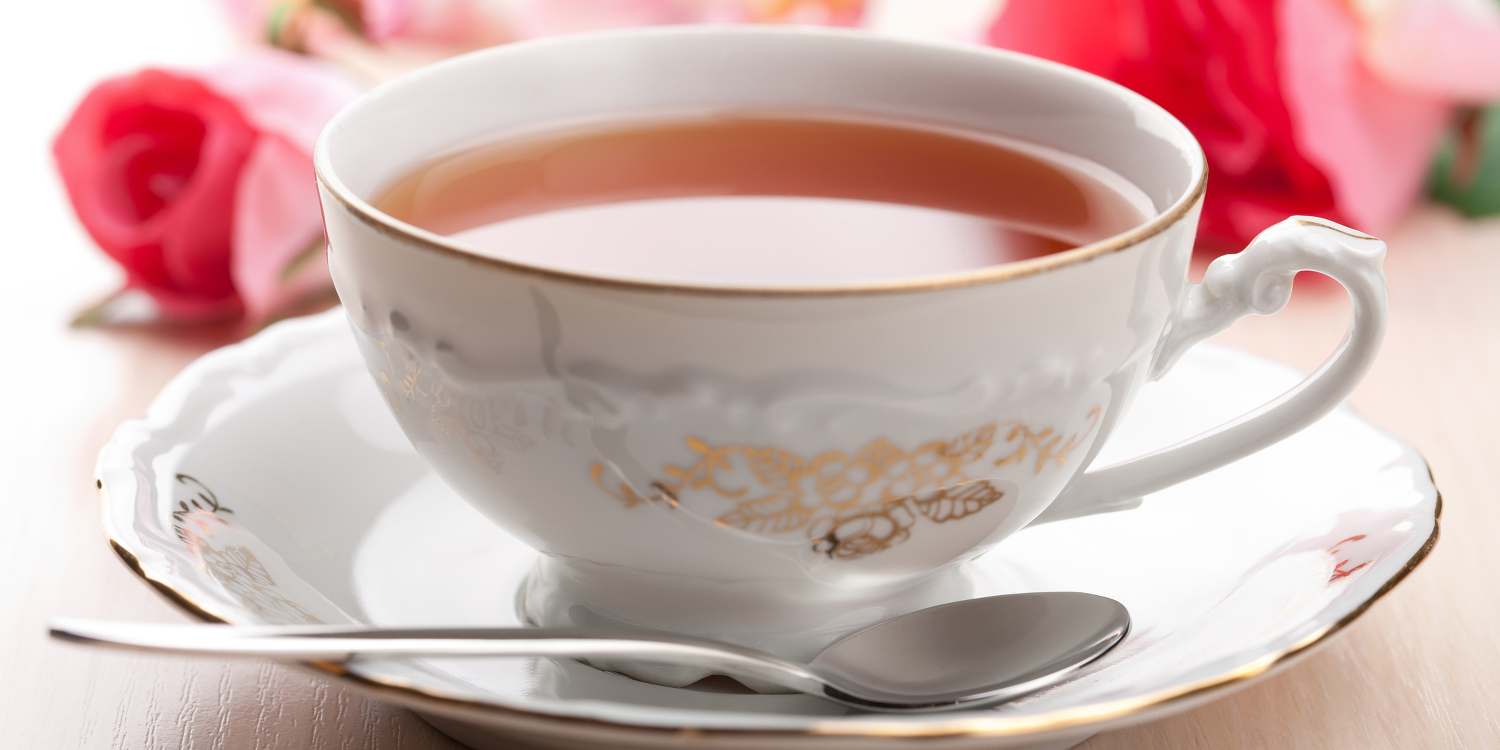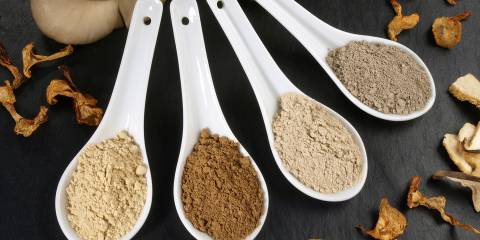Most of the tea drinkers in the Western world enjoy black tea, while many in Asia, the Middle East, and northern Africa prefer green tea. The same evergreen shrub (Camellia sinensis) produces the leaves from which both versions of this popular beverage are brewed. The difference in color—black versus green—depends on the way tea is processed.
To make black tea, the leaves are dried, rolled, fermented, and then roasted. This process—with its extensive handling, heating, and exposure to air—changes black tea’s chemical composition, modifying some of the medicinal qualities of plant chemicals (or phytochemicals) known as polyphenols.
The fun-to-say oolong tea is partially fermented, which puts it in the middle of the tea continuum.
For green tea, the plant’s leaves are steamed, then dried. That’s all the processing it gets.
Drink Tea for Your Teeth
Scientific research shows that the better-retained phytochemicals help green tea promote health, including gum and dental health. Besides providing several antibacterial compounds that protect against germs and infections, the polyphenols in green tea prevent plaque from building up on teeth. Not only does green tea fight cavities and gum disease, but it also contains a little fluoride.
Sip it slowly for maximum benefits; if nobody’s watching, you can swish it around like mouthwash, too.
Antioxidant Action Protects Against Cancer
Polyphenols (consisting of catechin, epicatechin, epigallocatechin gallate, proanthocyanidins, among other plant chemicals) provide antioxidant support to muscles—even more than vitamins C and E, laboratory research suggests. These substances promote the action of antioxidant enzymes (like glutathione) in the muscles and inhibit the creation of cancer-causing substances from nitrites, possibly explaining the far lower cancer rates found in countries (like China and Japan) that drink green tea.
Good for the Bones, Good for the Heart
A prospective study of more than 1,000 people in Taiwan links habitual tea drinking with higher bone mineral density.
Study participants who had been drinking tea regularly for more than 10 years had the highest bone mineral density in all body regions tested, including the hip and lumbar spine. Epidemiological research suggests that tea also prevents atherosclerosis and cardiovascular disease. The antioxidants and other plant chemicals in green tea are useful against angina, coronary heart disease, high blood pressure, and high cholesterol.
Black tea’s no slouch, either. A study of more than 3,000 people in Saudi Arabia showed a reduction of more than 50 percent in coronary heart disease risk for people who drank black tea (six-plus cups a day).
An American study has found an association between heart-attack survival and the drinking of tea in the year prior to the attack. Maybe it’s time for us high-risk Americans to adopt tea time as a national pastime.
Tea’s Energizing Effects
Tea’s caffeine can perk you up, accelerating the heart rate, increasing blood flow, and encouraging breathing. It seems just as safe as, if not safer than, drinking coffee. Each has its own virtues and vices, so some of both might be better than a whole lot of either. If caffeine is a problem, tea is more user-friendly. But for some folks, drinking too much can also lead to gastric upset, insomnia, and the jitters. If that’s the case, enjoy decaffeinated tea for health benefits—without the stimulating effects.




